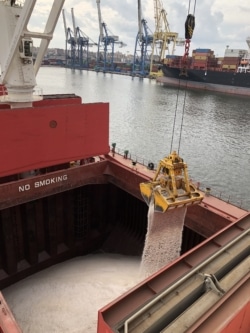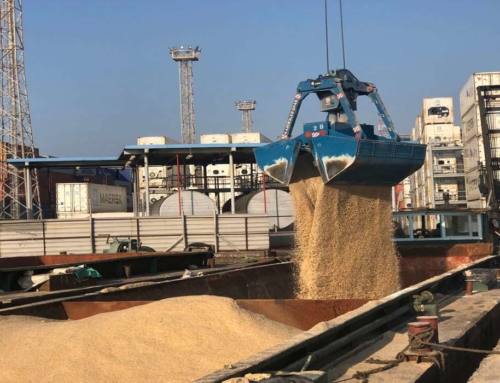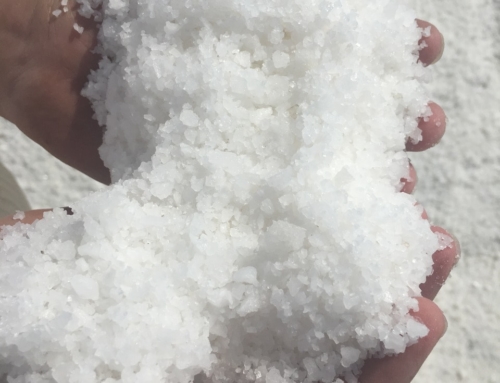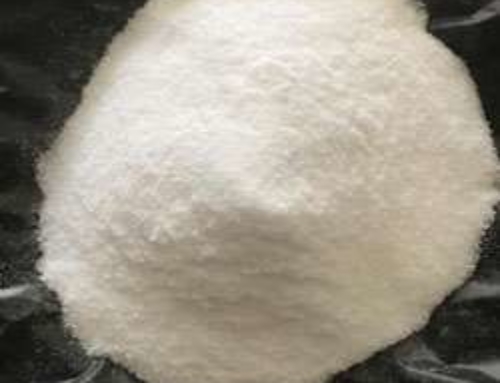Environmental disadvantages of deicing roads with rock salt
In some common cases, marshes, rivers, lakes and other water bodies are located alongside many highways. Marine organisms inhabiting these areas are exposed to plants and animals for many materials placed on the roads, including salt sprayed by snow-covered roads.
Rock salt helps to maintain road safety during winter storms to reduce road accidents but has serious negative impacts on aquatic ecosystems. Salt may be in the high concentrations that some aquatic organisms cannot bear, leading to their death.
Salt can also change the way water is mixed.
creating saline pockets near the lakeshore of what creates vital areas when the weather turns into winter.
Many of the cities and towns in North America and the countries of Europe that have a cold winter rely on salt to melt the ice from the roads.
This rock salt is similar to table salt and is made up of sodium and chlorine,
but it is rougher.
It melts rapidly on the road and leaves chlorine mixed with nearby water through surface runoff and filtration.
In fact, virtually all chlorine ions, which come from road salt, end up in the effluents of waterways.
Chlorine, which is mixed with swamp and lake water, can be low in concentration,
but in the case of high chlorine concentration in water it is toxic to aquatic life, including water plankton and inland lake names.
These environmental changes affect the quality of water.
Salty water
Some of studies that conducted on lakes in North America have shown that at least 1% of the land area located 500 meters from the lake must be insulated with non-permeable coating,
because there is a growing risk of becoming more saline in the long term.
A number of recent studies indicate that salt concentrations in many lakes will exceed acceptable health standards for plants, animals, and microorganisms, and the acceptable taste of the water will be affected by 2050.
These studies warn that this risk may be caused to water bodies in Canada,
More than 5 million tons per year on Canadian roads,
while southern Ontario uses 100,000 tons of salt per year to remove the snow accumulated on the roads.
Search for safe alternatives
Consistent with the realization of the dangers of using salt in removing,
removing, and accumulating snow from roads, research is currently working on environmentally safe alternatives to road salt.
The water from sugar beet,
saline solution,
pickled water, and potato juice are alternatives under test,
It has been observed that sugars in sugar beet water are effective in de-icing at low temperatures,
our head is more than salt water or saline solution alone, reducing the melting point from -10 to -20 ° C,
Which limits The amount of chlorine that is used on the road.
Despite the high potency of beet water in the removal of snow, there are some drawbacks.
Some communities do not prefer the smell of beet water, and they add sugar to the aquatic ecosystem,
which promotes bacterial growth.






